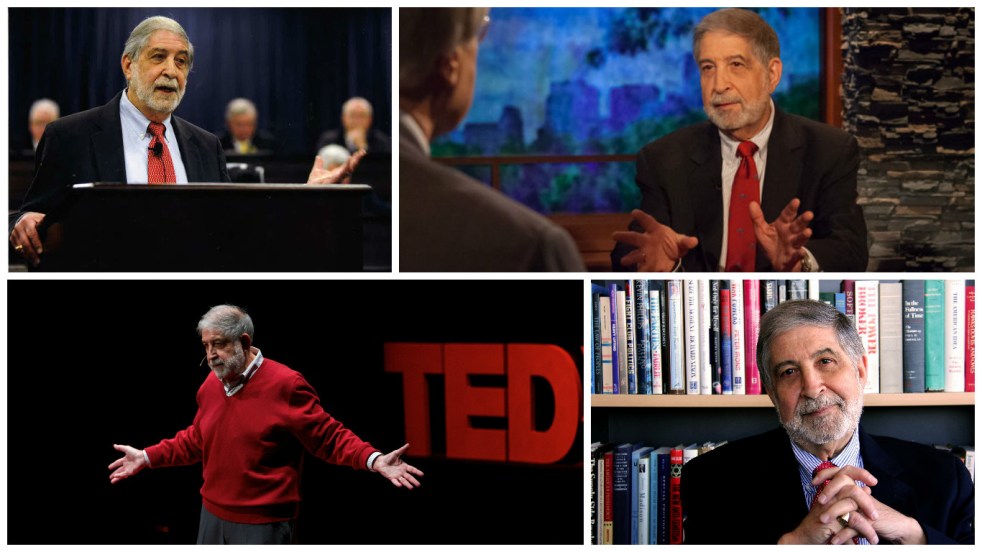
A Call to Action
Small subsets of the population – sometimes as few as one-tenth of one percent and often the most partisan and ideological among us – can keep off the general election ballot any candidates they don’t support. Partisan legislators can remove from a congressional district’s population of eligible voters any communities they believe will resist their agenda. The wealthy can exert disproportionate influence over election outcomes, often cloaked in secrecy. The broader electorate is hindered by an education system that leaves them largely clueless about the most basic elements of the election system through which they are expected to make wise decisions. If there has ever been a time when remaining spectators was an indefensible cop-out, this is it. America doesn’t need a Leader, it needs Leadership. It needs each of us to stand up not in protest but in clear and decisive and effective action. Here are some ways to do that:
In those 24 states that allow citizens to place issues on the ballot through an initiative petition, gather with those who share your frustration to change the partisan nature of your state’s election systems. Find good lawyers to draft new rules, as voters did in Washington State and California, eliminating party-centric primaries and partisan control of redistricting. Find neighbors who will circulate signature forms to place the new rules on the ballot. Find friends who will help raise the money to carry the message of reform to the public. Do the same with any necessary changes to your state’s rules for financing political campaigns. In states that do not allow voters to directly reform the election process, organize friends and neighbors to confront legislators to either place these issues on the ballot (where state laws allow them to do so) or demand – with the force of numbers – that they themselves introduce and support legislation to make those changes.
Challenge your state legislators, and school board members, and college presidents with demands that high school and college curricula include courses on civics, critical thinking, and at least some meaningful exposure to the humanities – the basic elements of a liberal education, including philosophy, literature, poetry, and art appreciation – so our education system becomes as much about developing good citizens as about training workers.
Teach yourself the basic elements of disinterestedness (looking at questions in terms of potential effects on the society as a whole rather solely in terms of how you, personally, will be affected). Teach yourself the basic elements of critical thinking – learn to be a skeptic (or, as Ronald Reagan said about forging agreements with the old Soviet Union, trust but verify). When you hear or read an opinion, ask yourself what expertise the speaker or writer brings to the question; whether it conforms to your own experience; how others might see the issue and what arguments they could make to support their views; make a point of engaging respectfully with people whose views differ from your own; expose your mind to a variety of columnists and commentators and (if you must) talk shows; listen without mentally forming rebuttals as a different view is being expressed; abandon any excessive certitude (there are things about which we may be certain, but there are fewer of those than we think).
Fixing society requires three basic steps:
One, understand that at root, most of our problems are systemic – they are not inevitable and they are not because other people are jerks; the outcomes we get are a direct result of the systems we’ve created. And the good news is that we may not always be able to turn jerks into non-jerks but we can always change systems.
Two, the hardest thing to change – but the most important – is to change ourselves and how we look at things (more critically and more self-critically). To recognize that even in regard to those things about which we feel most strongly, we may be wrong; there may, shockingly, be a better idea or a better way to look at something. Recognize that if it fits on a bumper sticker, it’s wrong. Recognize that the truth is not on MSNBC or Fox, nor is it necessarily the case that there’s no truth at all on either; get out of the tribal box.
Three, recognize that leadership is an action. If you’re looking for a leader, look in the mirror. And get busy.
You must be logged in to post a comment.